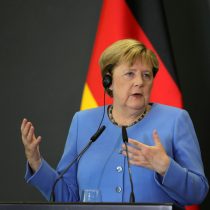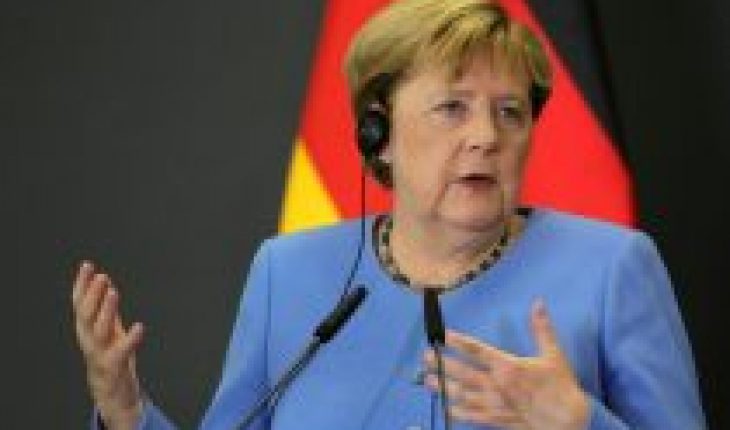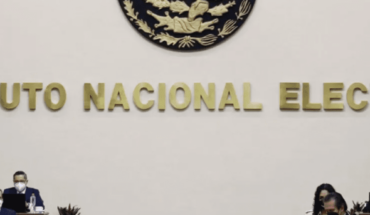
An Allensbach Institute poll for the Frankfurter Allgemeine Zeitung newspaper showed this week that 40% of those planning to vote on Sept. 26 have not yet decided how to do so, with most saying they are not attracted to any of the contenders.
“No one convinces me,” says Janis Schulz, 35, from North Rhine-Westphalia, asked which candidate she prefers. “No matter who we vote for, they will surely form a coalition, but it is not known with whom (…), it is also difficult after Merkel. She brought calm, to Germany and to Europe.”
In her 16-year tenure, Merkel has led Europe’s largest economy during the global financial crisis, the refugee crisis and now the coronavirus pandemic, giving Germans a sense of stability.
More of that stability is what Armin Laschet, Merkel’s successor at the head of the Conservative Christian Democrats, and her Social Democratic rival Olaf Scholz promise, but neither has gained a clear advantage, as their respective parties are around or barely above 20% in voting intention.
The Greens, who started the campaign very strongly, with a climate change agenda, which has resonated with younger voters, have lost momentum and are in third place.
“CAUGHT IN THE MIDDLE”
An independent Reuters poll showed that although a record number of voters chose to mail in their vote this year, most of them remained undec decided and had not yet sent it.
The uncertainty has not translated into big gains for the far-right Alternative for Germany (AfD) or other fringe parties. Nor does it seem to have discouraged Germans when it comes to voting, as 87% of those surveyed by Allensbach say they plan to go to the polls, although many say they see no one they really trust and will surely choose a “lesser evil”.
“I normally vote for protest parties, but this time I will vote for a traditional party. I think this time every vote counts,” Schulz says.
The AfD burst on the national scene in 2017, tapping into anti-immigrant sentiment following Merkel’s decision to open Germany’s borders to nearly a million asylum seekers in 2015.
However, now, with voting intentions at around 10%, it appears to be stalled by the image of a single-thematic party, says Carsten Nickel, managing director of Teneo, a London-based political risk advisory firm.
Although Merkel is not running, she remains a factor in voters’ considerations about who should shape Germany’s future without her and who would be the most worthy successor, a choice they may consider as important as it is frustrating.
“What they see are contenders who promise to do more of the same or who are extremely clumsy, and they find themselves caught in the middle,” Nickel says.
translated from Spanish: Without Merkel, it all comes down to opting for “the lesser evil” in the German elections
September 17, 2021 |





